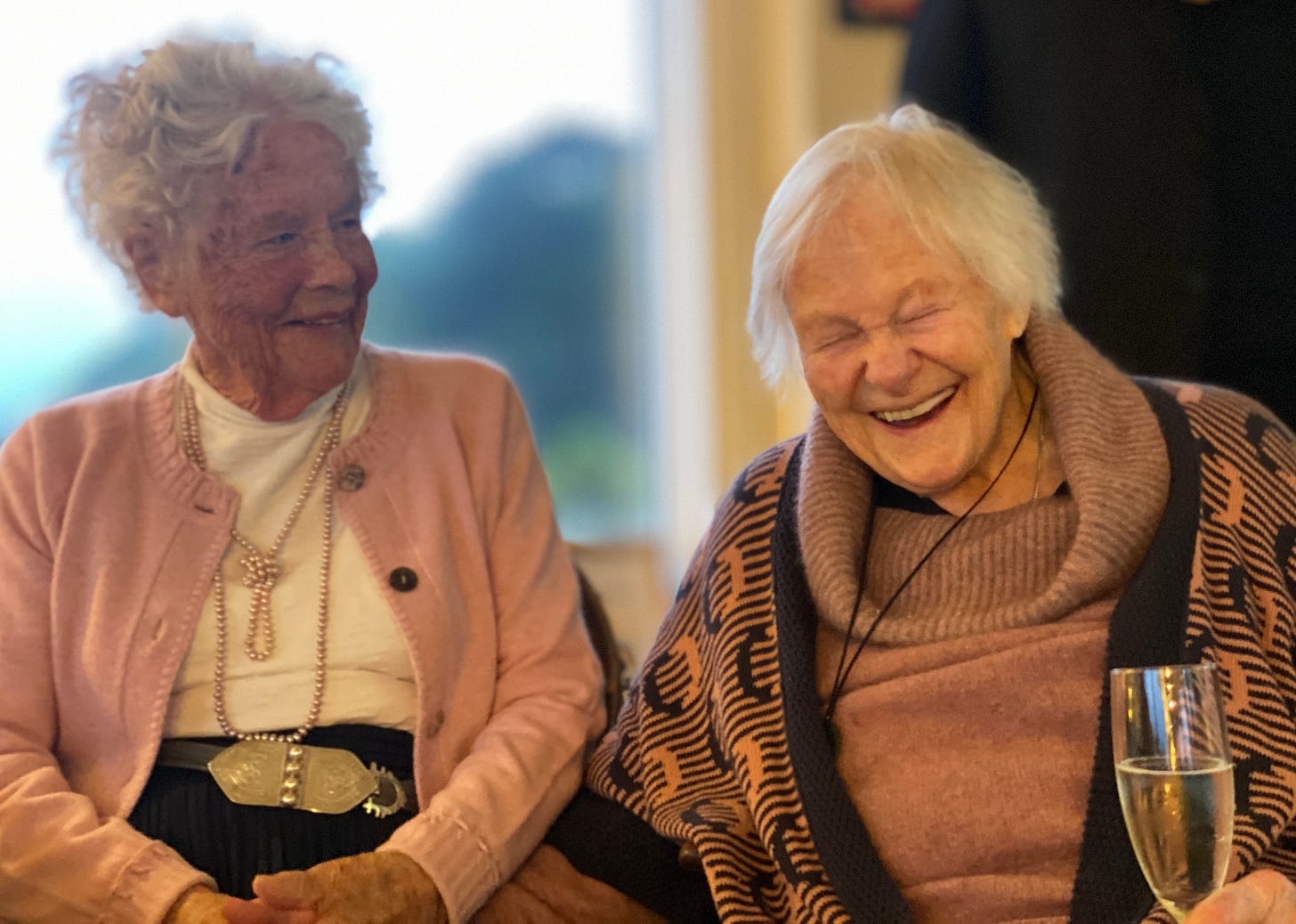PLATO'S IDEAL FORMS
In the particular is contained the universal
— James Joyce
I was coaching on a TV show last week. We wanted to drop deeper into the specificity of the characters, their backstories and their relationships. We wanted each character to be unique rather than generic.
So, I gave the actors a challenge. They were to close their eyes and imagine a series of objects as I mentioned the words:
"Table... Mountain... Lighthouse... Apple... Birthday Cake"
Then I dropped in a rogue idea:
"Your mother's best friend"
You know what? This image broke the pattern! Rather than falling into the easy trap of thinking generically, now they had to drop into thinking specifically.
But how? And why did this help their performances?
Over on the paid site this week I talk about how and why SPECIFICITY can help you achieve UNIVERSALITY. How the particular contains the universal (as James Joyce said).
And about the actor's trap of Plato's eternal and unchangeable Ideal Forms.
Think of your sibling or your mum or dad. Your best friend when you began school. Your best friend now. The person you are in love with. Your first love. Your first family pet. Your friend's puppy. That delicious cake you once ate... These are all forms of love. They are all different. And they are all equally valid in their diversity. After all — Love is Love.
I talk about clip-art and how our minds automatically revert to cookie-cutter tropes, as the cognitive scientist Daniel Kahneman explains in his book THINKING, FAST AND SLOW.
I talk about Paul Ekman's microexpressions and Drs Arthur and Elaine Arun's 36 questions as tools to attain authenticity.
And I talk about the specific magic of the question "Tell me about your mother's best friend"
So, here's a photo of my mother, Dame Kate Harcourt (97) with her best friend Norma, who is about to turn 100.
Come on over to the paid site to learn more!
In the particular is contained the universal
— James Joyce




